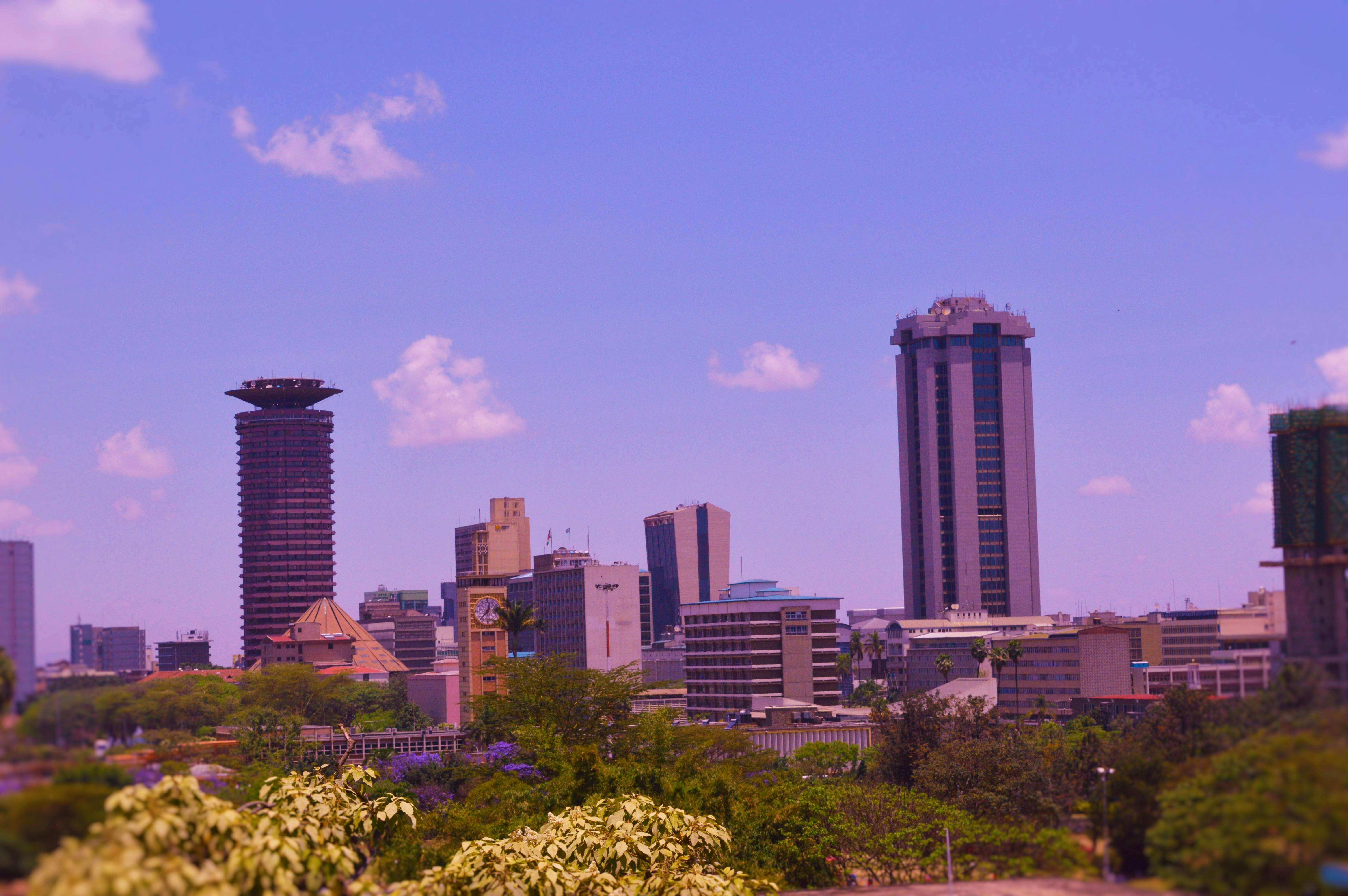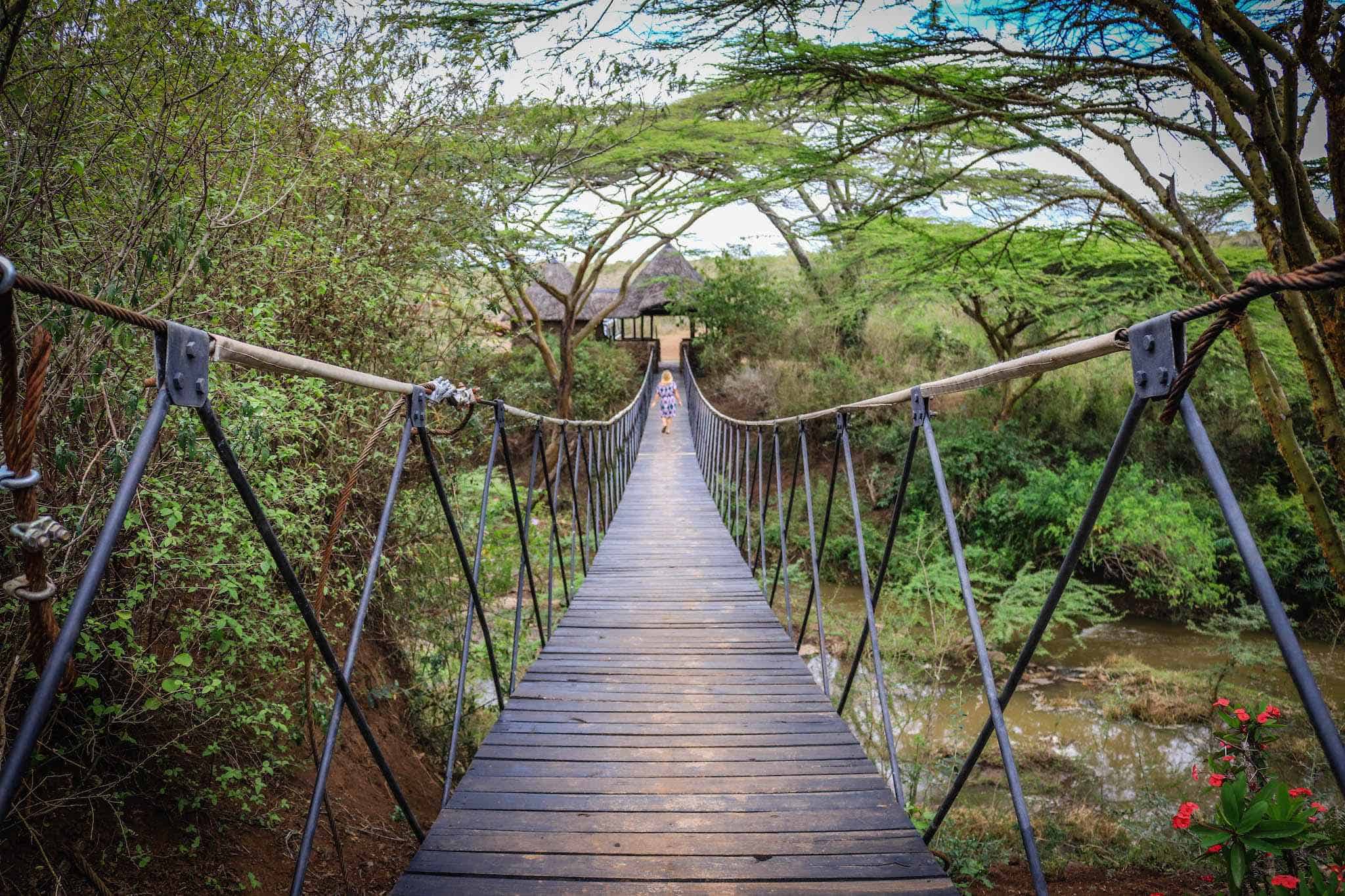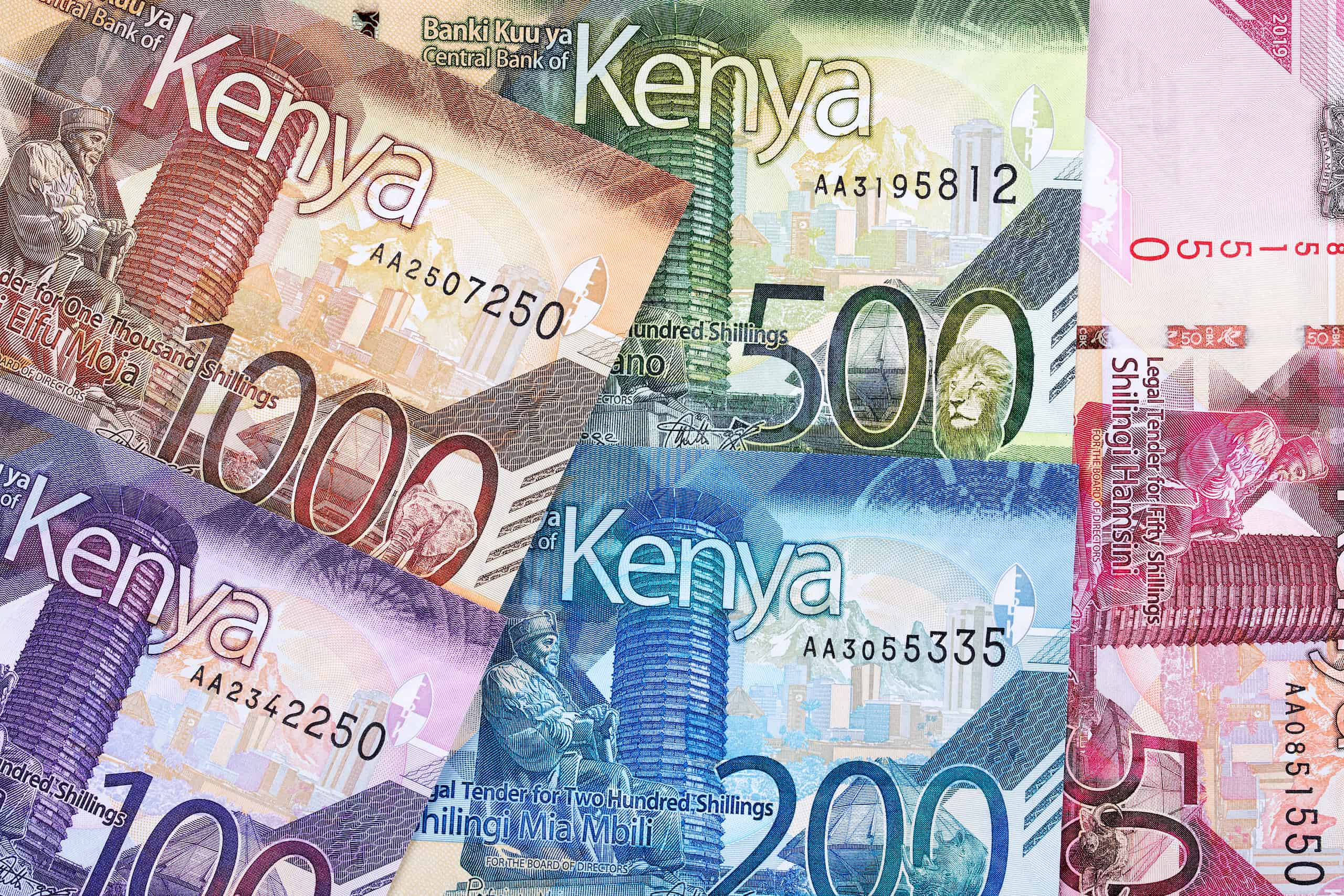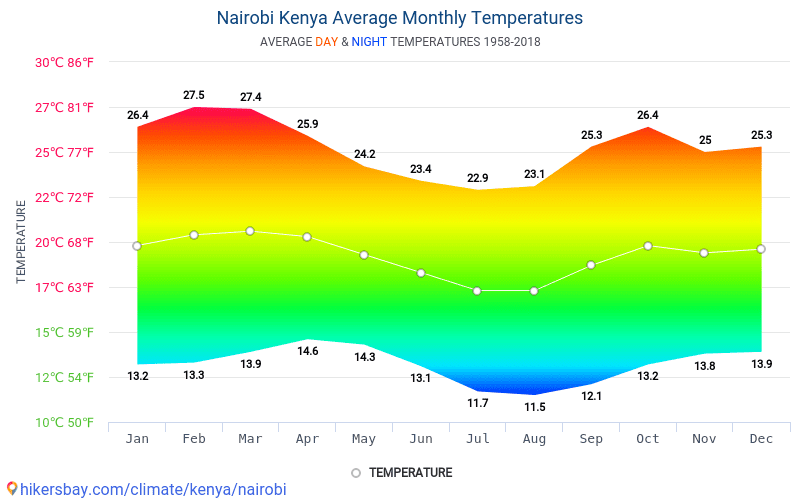Travel Guide to Nairobi: Traveler Essentials and Do's & Don'ts

Introduction
Nairobi, the bustling capital of Kenya, offers a unique blend of modern city life and natural beauty. Known as the "Green City in the Sun," Nairobi features iconic attractions such as Nairobi National Park, the Giraffe Centre, and the Karen Blixen Museum. Whether you're an adventure seeker or a cultural enthusiast, Nairobi has something to captivate your spirit.

Language and Communication
Swahili and English are the main languages spoken in Nairobi. Here are some essential phrases to get you started:
- Hello: Jambo
- Thank you: Asante
- How much?: Bei gani?
- Yes: Ndiyo
- No: Hapana
For seamless communication, consider using apps like Google Translate or WhatsApp, which are widely used in Nairobi.

Currency and Financial Tips
The local currency is the Kenyan Shilling (KES). It's advisable to exchange money at reputable banks or exchange bureaus. Nairobi has ATMs readily available, and most establishments accept credit cards and mobile payments via M-Pesa.
Typical costs:
- Meal at a mid-range restaurant: $10
- Taxi ride (5 km): $4
- Bottle of water: $0.50

Weather & What to Wear
Nairobi enjoys a moderate climate year-round. Here’s what to expect and pack:
January to March:
- Warm and dry. Pack light clothes and a hat for sun protection.
April to June:
- Rainy season. Bring a waterproof jacket and sturdy shoes.
July to September:
- Cooler months. Layering is key; include a jacket or sweater.
October to December:
- Short rains. Light rain gear and breathable clothes are ideal.

Charging & Electronic Adapters
Nairobi uses the British-style Type G electrical outlets, with a voltage of 240V and a frequency of 50Hz. Make sure to carry a Type G adapter and consider a voltage converter if your devices are not compatible with 240V.

Health Considerations
Before traveling to Nairobi, ensure you're up-to-date on vaccinations such as Yellow Fever, Hepatitis A, and Typhoid. Malaria prevention is also recommended. For medical assistance, Aga Khan University Hospital and The Nairobi Hospital are excellent facilities.
Safety Tips
While Nairobi is generally safe for tourists, it's essential to stay vigilant. Here are some tips:
- Avoid walking alone at night.
- Use registered taxis or ride-sharing apps.
- Keep an eye on your belongings in crowded areas.

Transportation
Public transportation includes matatus (minibuses), buses, and trains. For convenience, Uber and Bolt are popular ride-sharing services. Nairobi also has the Nairobi Commuter Rail for suburban travel.

Tipping Culture
Tipping is appreciated but not mandatory. Here are some general guidelines:
- Restaurants: 5-10% of the bill.
- Hotels: $1-2 per bag for porters, $1-2 per night for housekeeping.
- Taxis: Round up to the nearest dollar.

Social Etiquette
When in Nairobi, it’s important to respect local customs:
- Greet with a handshake.
- Dress modestly in public places.
- Avoid public displays of affection.
- Be polite and patient; avoid rushing.

Conclusion
Nairobi is a vibrant city full of energy and warmth. Respect the local customs, stay informed about travel advisories, and enjoy the incredible experiences awaiting you. From its cultural landmarks to its natural beauty, Nairobi is a destination you won't forget.

